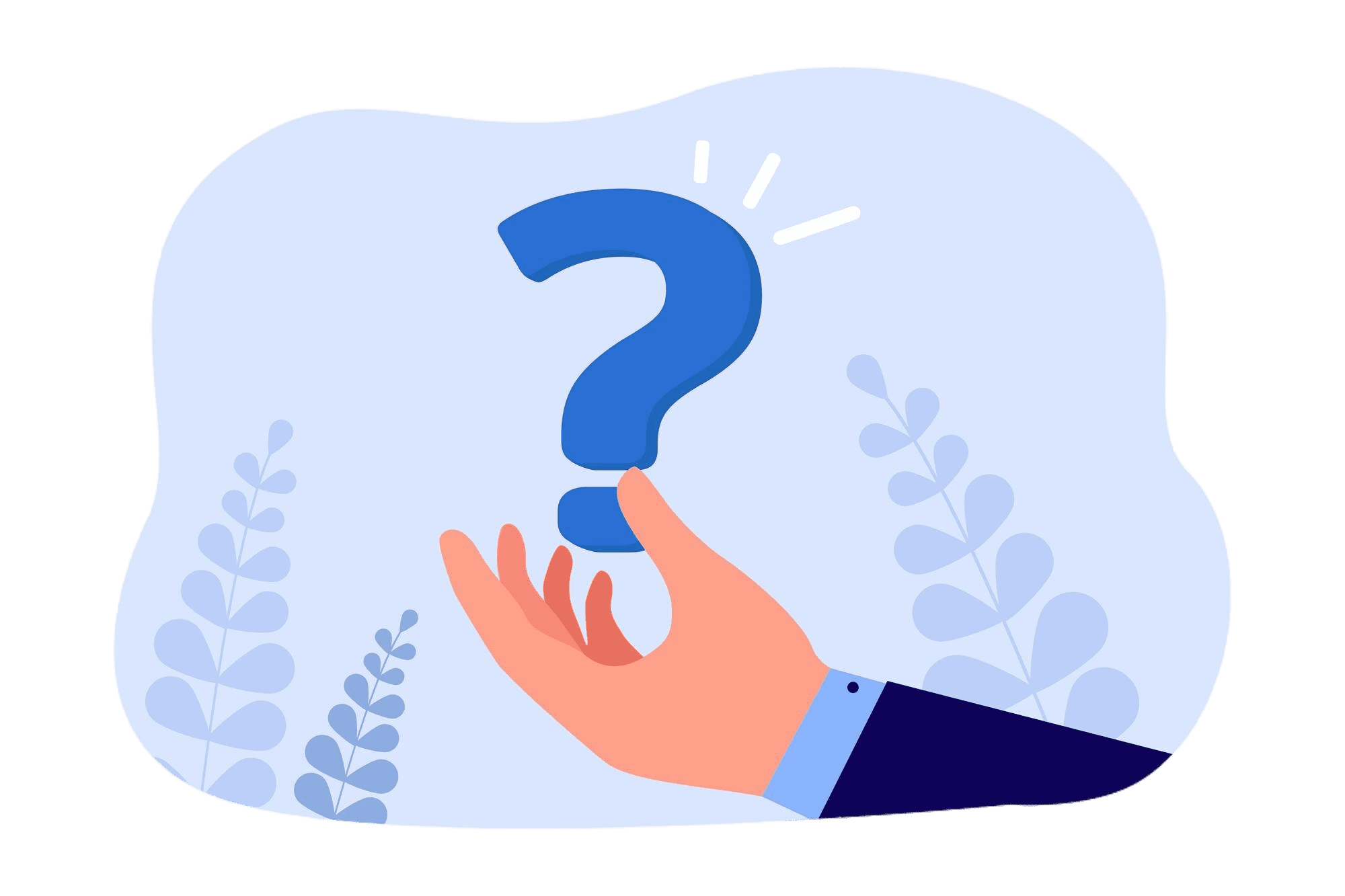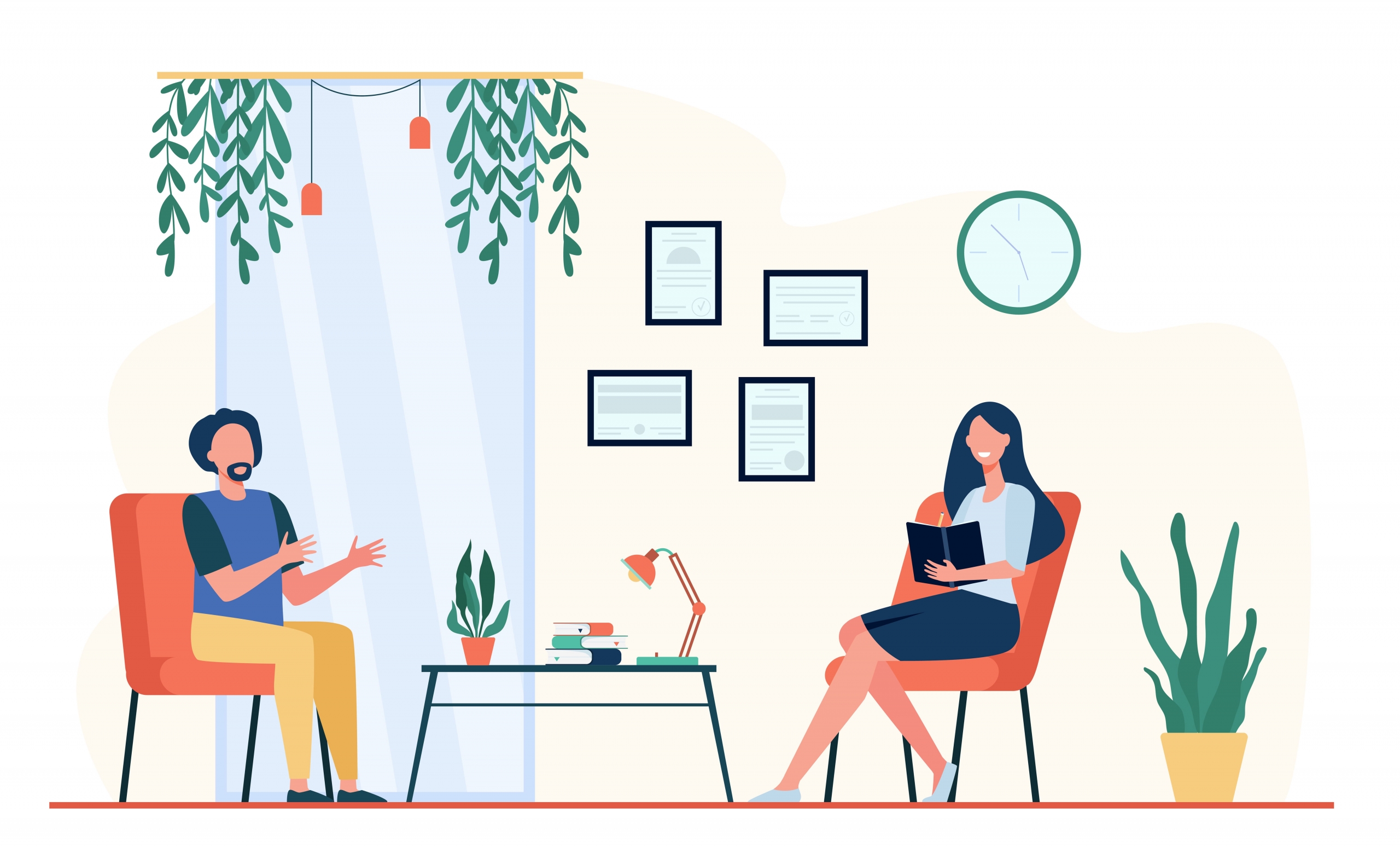Do you need to know more to make up your mind?
Or are you nervous because you don’t know what your first session will be like?
I understand.
If you have never come to my office, I don’t know you, and you don’t know me.
It is difficult to choose a psychiatrist without knowing more than what it says on a website or without really understanding what your first consultation with me will consist of. That is why, perhaps, this is of interest to you.
I am going to explain what it will be like when you come to my office for the first time, so you can get rid of any fear or nervousness you may have before the appointment. Telling your discomfort to a stranger should not be easy, and that is why I want to help you feel as comfortable as possible from the beginning, even before you come to see me.

Part one.
When you come to my office, we will introduce ourselves and I will encourage you to sit down. I will close the door so that you have privacy. You can come in alone or accompanied, as you feel more comfortable. Later, I will recommend if it is better to meet alone or not.
Once inside, you will see that I have water, in case you feel like it at some point, and air conditioning for a pleasant temperature. If you prefer, we can open the window. There are also handkerchiefs at your disposal. Feel free to ask for whatever you need, because the important thing is that you are as comfortable as possible.
From there, we will start chatting. That will be your moment to explain to me what is going on with you, and what has encouraged you to make an appointment with me. Sometimes, it has been the family or the partner who has pushed the patient to ask for an appointment. You can tell me too, it’s okay! In fact, it happens quite often that it is others who notice that we need help. If this is your case, don’t hesitate to tell me.
Take your time and tell me in your own words how you feel, how long it has been going on…and why you are in my office, or how you think I can help you.
I will give you as much time as you need, and little by little, I will also ask some questions in order to expand the information I consider relevant. In addition to delve into your mental health, I will ask you questions about your life to know you a little better: if you live alone, if you have a partner or children, friends, if you work or if you are studying, I will ask you a little about your family, if you have any hobbies or concerns…In this way, I will be able to put you in context much better, try to put myself in your place, and get to know you a little better.
As a doctor, I will also gather information about your medical history: if you have any chronic illnesses, if you suffer from any ailments or have had any surgery, as well as if you take any treatment, either for your mental or physical health. The latter is important, so if you don’t know by heart what you are taking and the dosages, please remember to bring it with you so I can take a look at it. The more honest you are, the better I will be able to help you. Don’t be afraid to tell me anything: remember that I am not here to judge you, but to try to help you. And also remember that you are covered by professional secrecy, which is another way of saying that I can’t go around telling you things.
Part two.
Once all the information has been compiled, I will explain my impressions, my reasoning, and what I think will help you feel better, and why. I think it is very important to involve you in this process, and not simply impose a treatment without giving you explanations.
In the end, it is about you and me forming a team to help you get better. For this reason, it is essential that you understand why I propose one thing and not another. So, don’t have any doubts: if you have any questions or concerns, you can ask me at any time.
Third part.
Once we have assessed all of the above, we will agree on a treatment plan. This treatment plan will be given to you in writing so you don’t have to worry about memorizing anything.
Medication is not always necessary, which is a question many of you have. But if it is necessary, I will explain what you need to know about the treatment: the reason for it, the beneficial effects I expect to find, the time it would take to take effect, the possible side effects to expect and what to do if they appear, etc. This is one of the reasons why it is especially important that, if you take any other medication, you tell me about it, since sometimes drugs interact with each other, and it is necessary to take this into account in case you have to avoid any of them, or adjust the dosage. But a treatment plan is not just about prescribing medications (if they are needed).
The treatment plan will include other recommendations that are considered important to reach our goal towards your improvement. To give some examples, these recommendations can range from lifestyle changes, reading, breathing techniques, mindfulness, dietary changes, recommendations to sleep better… to techniques to learn how to communicate better with your family, friends, your boss…

If I consider that it is necessary to do a separate medical study, or a neuropsychological test, of course I will also tell you and recommend it. For example: a blood test, a review by an endocrinologist, or a neurologist, a personality test… If necessary, I will make the corresponding report with the request for analysis or the suggestion for referral.
Fourth and last part.
I will give you your sheet with the treatment plan that we have agreed upon in writing. There you will also have the date of your next check-up, and my contact in case you need anything before the next visit.
Additional information
If the patient is a minor, he/she must be accompanied by a parent or guardian. For any intervention beyond the evaluation (i.e. that which already includes a treatment, or a therapy…), the consent of both parents will be necessary if they are separated and the patient is a minor under 16 years of age, as required by Spanish law. For the approach of minors, I often rely on a psycho-pedagogical cabinet in which several psychologists of my confidence work.
Patients have my email contact or the center contact in case they have any questions that can not wait for the next visit. I answer emails or take calls as soon as possible. However, due to my work and personal commitments, it is possible that sometimes it may take me a few days to answer. Therefore, those patients who have an emergency should contact the emergency department.
